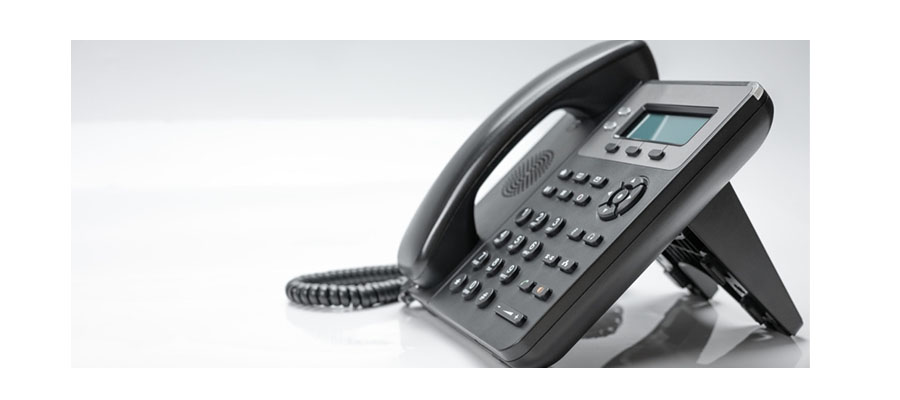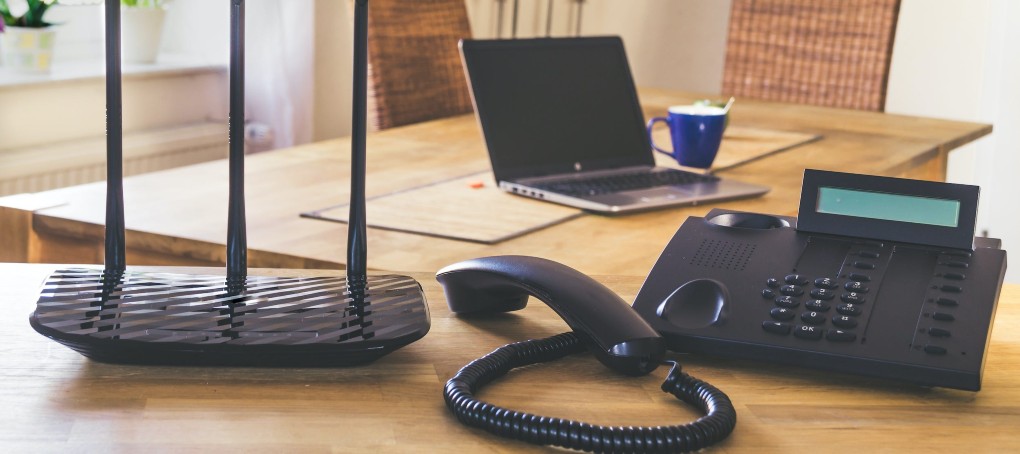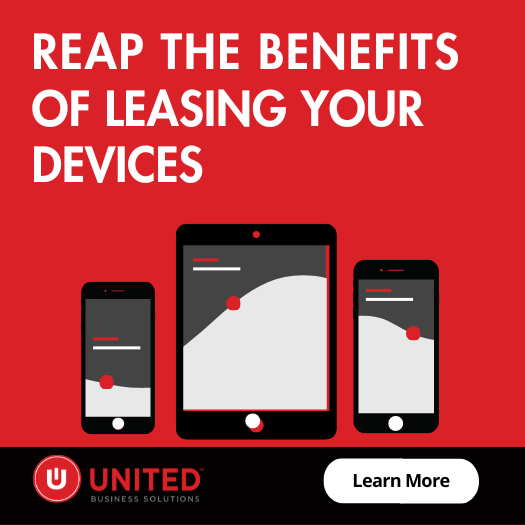Voice over Internet Protocol (VoIP) Resources
5 Factors That Influence The Price of VoIP Packages in South Africa

South Africa is a big country with a lot of people, businesses, and organisations using various types of communication systems and networks.
When you are looking for a new phone system, you will likely come across VoIP (Voice over Internet Protocol) packages. VoIP technology offers many benefits such as reduced costs and improved efficiency.
When it comes to VoIP packages, there are several factors that can affect the price, making it important to understand what these are before you make your purchase.
In this post, we will discuss 5 factors that can influence the price of VoIP Phone Package Prices in South Africa.
Table of contents:
- What is VoIP & How Does It Work?
- 5 Factors That Influence The Price of VoIP Business Phone Packages
- Final Thoughts On Factors That Influence The Price of VoIP Phone Packages in South Africa
What Is VoIP & How Does It Work?
VoIP (Voice over Internet Protocol), is a method and group of technologies that deliver voice communications and multimedia sessions over Internet Protocol networks, such as the Internet. Simply put, it is a proven technology that allows people to make phone calls and transmit voice data over an Internet connection.
VoIP mitigates the need to use traditional phone lines and reduces hardware requirements. An example of VoIP is an application like WhatsApp which transmits voice data over an internet connection using an existing device (cellphone or computer) without the need for traditional phone lines or additional handsets.
You can learn more about VoIP and the features it offers in our guide to VoIP phone systems.

What are the different types of VoIP systems?
As VoIP is the central technology that facilitates voice connection using an internet connection, it can be incorporated into several types of phone systems for business communication needs.
There are three overarching types of phone systems that utilise VoIP: on-site VoIP systems, cloud-hosted VoIP systems and hybrid VoIP systems.

On-site VoIP systems rely on a business network infrastructure and limited hardware being installed on-site to manage your solution. These hardware components might include routers, servers, network switches, IP handsets and other related equipment.
Cloud-hosted VoIP systems rely on VoIP to manage voice communication and other call management features. A completely cloud-hosted PBX solution is managed using softphone extensions or web portals. Cloud PBX systems reduce the need for on-premises equipment as the service is entirely based in the cloud and relies on your network.
Hybrid VoIP PBX systems involve converting existing phone system hardware associated with analogue PBX systems into VoIP PBX systems that can transfer voice over an internet connection. Hybrid VoIP PBX systems need to be customised to suit your communication needs.
Choosing a VoIP Package for your business
The type of VoIP package you opt for will depend on a variety of factors from your business voice connectivity needs, number of concurrent calls, and add-on services to your internet connection and device requirements. If you’re unsure which VoIP solution would best suit your needs, take a look at our post how to choose the right VoIP package for your business.
5 Key Factors That Influence The Price of VoIP Packages
Any business can benefit from using VoIP packages in South Africa and it’s important for companies to find VoIP packages that offer the best value for their money.
While there are many factors that influence the price of VoIP packages, here are 5 of the most important ones. By understanding these factors, you will be in a better position to find the right VoIP package for your business.

1. The type of internet connectivity your business has
The type of internet connectivity your business has will play a role in how much you pay for your VoIP services. The two options you have that support the speeds and quality required for VoIP are Fibre and LTE. We prefer Fibre connections for their superior speed and reliability (as well as the fact that in many cases you can run your normal business internet at the same time), but in areas where Fibre is not available or is unreliable, LTE is a good second option.
If you have a fast and reliable broadband connection (such as Fibre), you’ll be able to get VoIP with very little disruption to your current internet service. However, if you have a slower or less reliable connection (such as LTE), you may need to upgrade your broadband package or invest in a secondary internet connection to ensure quality VoIP call clarity.
A Fibre internet connection tends to be more expensive than LTE, but will work out cheaper in the long run and at scale especially since you can often use the same fibre line for normal internet requirements and VoIP. You can find out more about our VoIP packages including our VoIP over LTE and VoIP over Fibre solutions.

2. Data usage & the number of extensions you require
Another factor that will impact the price of your VoIP package is the number of phone lines and extensions you need. We recommend only allocating up to 4 concurrent extensions per phone line, however, you can connect a maximum of 8 extensions per line if call volumes are low.
The more lines and extensions you need, the more expensive your package will be (although additional lines are much cheaper and easier to scale than with an analogue system).
More lines and extensions often result in increased data usage. Voice data shares the same network as other applications and devices, and depending on your network speed, larger-scale VoIP solutions may require a VLAN to separate voice data and other types of data being transmitted across the network.
In general, however, VoIP is still more affordable than a traditional phone system, even with a large number of lines and extensions as you do not pay per line and are easily able to scale up or down to match your current requirements. Upgrading your internet is also not a wasted expense as it will improve overall internet connectivity for a business altogether.
3. The type of phone and peripherals you use or may require
The type of phone or peripherals you use can also affect VoIP business phone service pricing depending on if you require VoIP phones or a software solution to manage your voice communication.
For example, if you choose to use an IP handset, you may need to purchase a separate VoIP adapter. Alternatively, if you use a softphone extension, you may not need any additional hardware.
If your premises or business is large, and you require on-site installation of PABX & VoIP systems, additional handsets and other physical equipment affects the cost and whether they are rented or purchased upfront.

4. Is your service a best effort or managed service?
When it comes to uptime and overall performance this is an important aspect to consider.
A best-effort service delivery describes a network service in which the network does not provide any guarantee that data is delivered or that delivery meets any quality of service. In a best-effort network, all users obtain the best-effort service. This is a cheaper option but comes with a potential compromise on service.
A managed service has a specific service level agreement that delivers a higher standard of service and up-time and quality typically by relying on more than one service provider in case of primary failure. A managed service is more expensive but comes with a higher level of service and support.

5. Service provider costs and call rates
As with any type of phone system, you’ll need to factor in the cost of maintaining and supporting your VoIP phone system, as well as call rates.
VoIP providers will typically charge a monthly fee for their services, which may include basic support and features like voicemail, call forwarding and caller ID. In addition, you may also need to pay extra for more comprehensive support and guaranteed levels of service.
When assessing VoIP call rates, you should consider whether you are billed a fixed monthly fee, a per-second or per-minute rate, and whether there is a different rate for local and international calls.
The size of your team also matters as you’ll need enough lines and extensions to match your expected number of users.
With United Voice, we offer packages to suit everyone with uncapped, capped, and bundled packages. Contract length is another important consideration with month-to-month contracts being a great option for businesses with evolving needs and needing to scale up or down and adjust their costs accordingly.
If you’ve chosen to rent hardware for your VoIP system (like handsets) you may be able to use a contract to your benefit to get regular maintenance and bonus support for equipment while reducing the up-front costs and impact on cash flow.
Regardless of which VoIP option you choose, your monthly costs in terms of both line rental and call rates will be much lower than with traditional analogue systems – simply choosing VoIP can already save you money!

Final Thoughts On The Factors That Influence The Price of VoIP Packages in South Africa
In summary, the factors that influence the price of VoIP packages in South Africa are intertwined with the needs of your business and your current phone system setup. When exploring VoIP packages, it’s important to take into account:
- The type of internet connectivity your business has
- Your network equipment: Hosted or On-site VoIP
- Data usage & the number of extensions you require
- The type of phone and peripherals you use or may require
- Monthly service provider maintenance & support costs and call rates
We provide custom, unified communication solutions for businesses, and we can assist with on-premise PBX systems, and cloud-hosted PBX systems for small businesses to large corporates, across South Africa.
We help guide you through the process of implementing the ideal phone system solution that meets your exact requirements. Contact United Telecoms to discuss your enquiry.








Got questions? Contact our experts today.
We service the following locations in South Africa
Western Cape: Cape Town, Belville, Paarl, Stellenbosch, Somerset West, Vredendal, Hout Bay, Green Point, Bloubergstrand, Durbanville, Melkbosstrand.
Eastern Cape: Port Elizabeth, Knysna, East London, George.
Kwa-Zulu Natal: Durban, Pinetown, Ladysmith, Newcastle, Ballito, Port Shepstone, Pietermaritzburg, Umhlanga, Westville, Hillcrest, Amanzimtoti.
Gauteng: Johannesburg, Vereeniging/Vaal, Sandton, Midrand, Pretoria, Centurion, Randburg, Roodepoort, Germiston, Alberton, Edenvale, Menlo Park.
Free State: Bloemfontein, Welkom, Bethlehem.
Mpumalanga: Witbank, Nelspruit.
Northern Cape: De Aar, Kimberley, Repra (Upington Area).
North West: Klerksdorp, Mafikeng.
Limpopo: Phalaborwa, Polokwane/Pietersburg.
Outside South Africa: Botswana, Zimbabwe, Swaziland, Namibia, Mozambique.
What Our Customers Say
“Once we approved the installations we were kept up to date daily with the levels of progress on our various sites and were very impressed with the final installation”
Spear Properties
Get In Touch
Head Office
19 Trinity Close
Cambridge Commercial Park
Paulshof
Sandton
Tel: 086 001 8500
Email: info@unitedtelecoms.net
6 Edison Way
Century City
Cape Town
Tel: 086 001 8500
Email: info@unitedtelecoms.net
12 Sookhai Place
Derby Downs Office Park
Westville
Tel: 086 001 8500
Email: info@unitedtelecoms.net
We're the experts so that you don't need to be!
PBX Phone System
Beginner's Guide
Voice & Hosted PBX
Resources
PABX Relocation and
Reinstallation
PBX Phone System
Resources